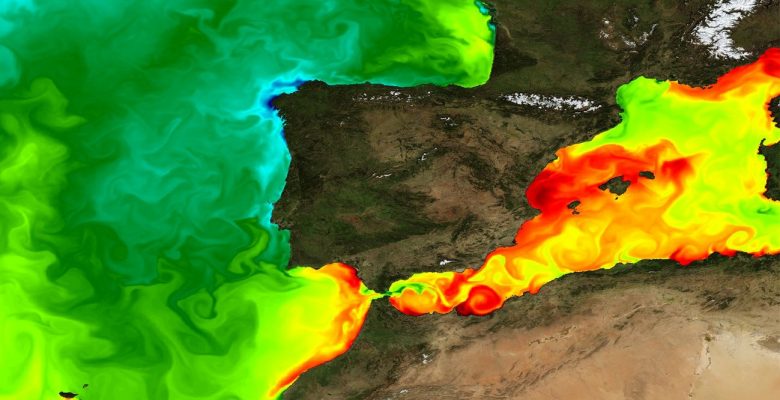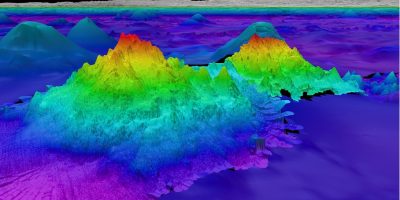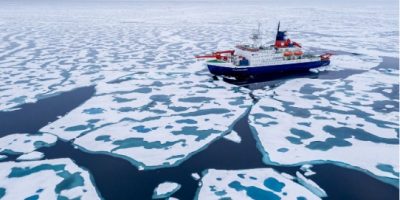Funded by the Priority Research Program “Ocean & Climate”, the MEDIATION project targets two crucial questions: how do global ocean changes impact the functioning of regional marine ecosystems, and how to effectively assess the effect of possible adaptation measures and preservation of the environment? The answer may lie in creating a fairly robust and efficient ocean digital twin for study and forecasting.
High-performance biogeochemical numerical models to understand and predict
Our understanding of biogeochemical cycles and the dynamics of marine ecosystems in the ocean still come up against many scientific obstacles. What is more in a changing ocean, both impacted by global warming and by the many anthropogenic pressures suffered in particular on its resources.
In recent decades, many numerical models have been developed by the community in an attempt to reproduce certain biogeochemical characteristics of the ocean observed in situ. But the very great diversity of living organisms, including several dozen different planktonic groups, or the many parameters (physical, biological or chemical) that come into play in the temporal and spatial variability of marine ecosystems, have made certain models very complex, with a very large number of variables.
In this context, the MEDIATION project (for MEthodological Developments for a robust and efficient dIgitAl TwIn of the OceaN) which began in September 2022 aims to develop new methodologies to achieve the configuration of a robust and efficient digital twin of the ocean. of the ocean of life. Its objective is to succeed in combining, in an optimal way, different types of models, different simulations and a wide range of observations in a new innovative numerical model dedicated to the study and prediction of biogeochemical elements within an ocean. dynamic.
A multidisciplinary project and an innovative methodology
The project will be based on efficient, robust and innovative methodologies in order to simulate the future of the various marine ecosystems subjected to direct pressures (fishing and aquaculture, coastal management) or indirect (impact of climate change on the regional climate, land occupation continental, export of materials to the sea). The simulations will cover the entire French metropolitan coastline, with particular attention to the Bay of Biscay with regard to fishing-related activities in particular, and the Mediterranean Sea with regard to biodiversity.
The project is led by scientific teams from INRIA, SHOM and IRD with contributions from the universities of Aix Marseille and Grenoble Alpes, CNRS, Ifremer, INP Toulouse, IMT Atlantic and Météo-France. MEDIATION will combine methodological developments in digital sciences (taking into account uncertainties, high performance computing and artificial intelligence) with advances in the modeling of physical, biogeochemical and biological processes in the ocean.
Assessing pressures on the ocean and sharing knowledge
Together, the project scientists will best define the necessary level of complexity of the modeling chains to assess the response of ecosystems to different scenarios. Their objective is also to better quantify, in order to reduce them, the uncertainties of the models and projections they provide, while trying to reduce the execution times of numerical simulations and thus reduce the digital carbon footprint. The production costs of these models must indeed be reasonable without compromising their reliability.
In addition, in a process of sharing and co-construction of science with society, the project must allow non-experts to test scenarios interactively to assess the impact of adaptation and mitigation measures. . The results of the various simulations must be accessible to all in order to reach consensus on the measures to be taken urgently in the context of the current crisis. This point is crucial for truly viable solutions to be put in place, and for them to be accepted by political decision-makers and international governance.
The MEDIATION project thus responds to two challenges of the “Ocean & Climate” PPR: on the one hand, to develop innovative, multidisciplinary, multi-parameter, multi-scale and multi-actor observation and modeling programs; and on the other hand, to concretize the implementation of an innovative tool capable of enlightening decision-makers, and bringing out solutions in favor of the sustainable exploitation of its resources.


